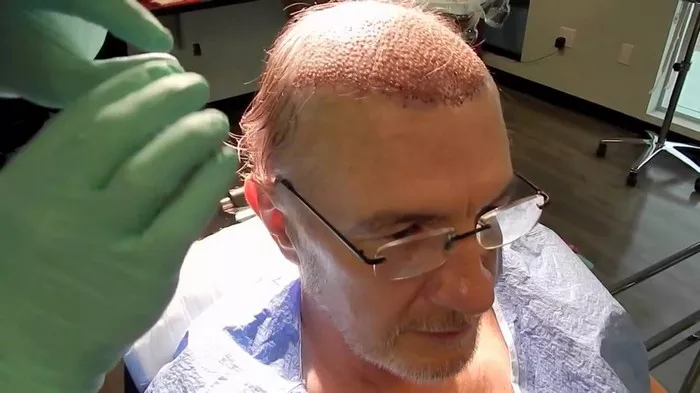In the journey to recovery after a hair transplant, patients often have numerous questions about their post-operative lifestyle. One common query that arises is, “Can I drink tea after a hair transplant?” In this comprehensive guide, we’ll explore the impact of tea consumption on your recovery process and provide valuable insights into what you should consider during this crucial phase.
Understanding the Post-Hair Transplant Period
The post-hair transplant period is a crucial phase in the journey to hair restoration. After the surgical procedure, patients enter a recovery period that typically spans several weeks. During this time, the body undergoes various healing processes, and the transplanted hair follicles gradually take root. It’s vital to exercise patience and follow medical guidelines diligently. The scalp may be sensitive, and it’s essential to avoid any activities or substances that could hinder the healing process. Understanding this post-operative period is key to achieving successful and lasting results from your hair transplant, ultimately leading to improved self-confidence and appearance.
Is moisture important during the hair transplant recovery stage?
Moisture is indeed crucial during the hair transplant recovery stage. Proper hydration of the scalp plays a significant role in ensuring the success of the procedure. Adequate moisture helps in the healing process, promotes blood circulation to the transplanted hair follicles, and facilitates the delivery of essential nutrients for hair growth. However, it’s essential to strike a balance, as excessive moisture or sweating can lead to complications. Following your surgeon’s instructions regarding the use of post-operative solutions and avoiding activities that may cause excessive sweating can help maintain the optimal moisture level, contributing to the healthy growth of transplanted hair during the critical recovery stage.
The Impact of Caffeine
Tea, especially varieties like black tea and green tea, contains caffeine. Caffeine is known for its diuretic effect, which can potentially lead to increased urination and fluid loss. This aspect raises concerns among patients regarding the consumption of tea post-hair transplant.
Guidelines for Tea Consumption After a Hair Transplant
Now, let’s explore the key guidelines for consuming tea during the recovery period after a hair transplant:
1. Limit Caffeinated Tea
While moderate tea consumption may not necessarily be harmful, it’s advisable to limit the intake of highly caffeinated tea during the initial weeks after the procedure. Excessive caffeine can contribute to dehydration, which may hinder the healing process.
2. Opt for Herbal Teas
If you have a strong desire for tea during your recovery, consider switching to herbal teas. Herbal teas, such as chamomile or ginger, are caffeine-free and can provide a soothing and hydrating option.
3. Stay Hydrated
Regardless of your tea consumption choices, the primary focus should be on staying adequately hydrated. Drink plenty of water throughout the day to counteract any potential fluid loss caused by caffeinated tea.
4. Follow Medical Advice
It’s crucial to follow the specific instructions provided by your surgeon or medical team. They will offer personalized guidance based on your unique circumstances, which may include recommendations regarding tea consumption.
5. Monitor Your Body’s Response
Pay close attention to how your body responds to tea consumption during the recovery period. If you notice any adverse effects, such as increased thirst or discomfort, it’s advisable to reduce or eliminate tea from your diet temporarily.
The Importance of Patience
A successful hair transplant requires patience and a commitment to following post-operative instructions. While tea consumption is a minor aspect of your recovery, it’s essential to prioritize overall well-being and adhere to the prescribed guidelines for the best results.
See Also: [Reveal!] The Cost of a hair transplant for traction alopecia
Conclusion
In conclusion, the question of whether you can drink tea after a hair transplant is a valid concern. While moderate tea consumption is generally acceptable, it’s crucial to be mindful of the caffeine content and its potential impact on hydration. Prioritizing hydration and following the guidance of your medical team are paramount during the post-operative phase. Ultimately, your commitment to a healthy recovery will contribute to the successful growth of your transplanted hair and your overall satisfaction with the procedure’s results.


